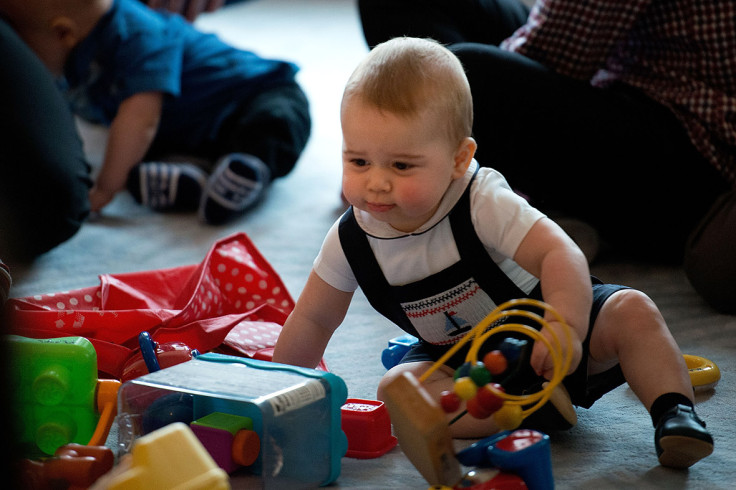Toddlers with fewer toys have better, more creative play sessions
Occupational therapists could start to recommend that parents give their children fewer toys at once.

Playing with fewer toys is better for toddlers' creativity and could be better for their development, new research has found. According to a peer-review paper published in Infant Behavior and Development, having fewer toys to hand leads to better quality of play for young children.
Researchers at the University of Toledo in Ohio tested the hypothesis that an environment with fewer toys will lead to higher quality of play. Each of the 36 young participants, aged between 18 months and 30 months, engaged in supervised individual free play sessions with both four toys and 16 toys for a maximum of 30 minutes each.
The study, run by Carly Dauch, Michelle Imwalle, Brooke Ocasio and Alexia E Metz, found: "With fewer toys, participants had fewer incidences of toy play, longer duration of toy play, and played with toys in a greater variety of ways. This suggests that when provided with fewer toys in the environment, toddlers engage in longer periods of play with a single toy, allowing better focus to explore and play more creatively."
The researchers saw a"significant" difference in quality of play between the two scenarios. They admitted that just looking at incidences of play – how many times the toddlers switched between different toys– may not reflect quality of play, instead simply their innate curiosity.
But they added that, put together with duration and depth of play with each toy, the overall evidence suggested that having more toys present may have provided a distraction, prompting the children to abandon play to explore another toy more often. Incidents of play lasted twice as long when the toddlers had just four toys to explore.
Explaining why quality of play is important, the research paper began: "Engagement in play begins in infancy and has beneficial effects on development. During play, children interact with the physical and social elements of the environment, allowing them to discover challenges and try new skills. This enhances child development, health, and well-being.
"Through play, children learn to interpret the world around them which in return enhances their cognitive, emotional, social, and physical skills. Play-based learning promotes academic readiness and outcomes."
The researchers recommended keeping the majority of a large toy collection stored away at any one time, with small collections rotated into play to ensure novelty remains without the distraction of seeing too many toys at once.
They also concluded that occupational therapists could recommend that parents and teachers give young children fewer toys at once to enhance their opportunities for creativity, imagination, and skill development.






















